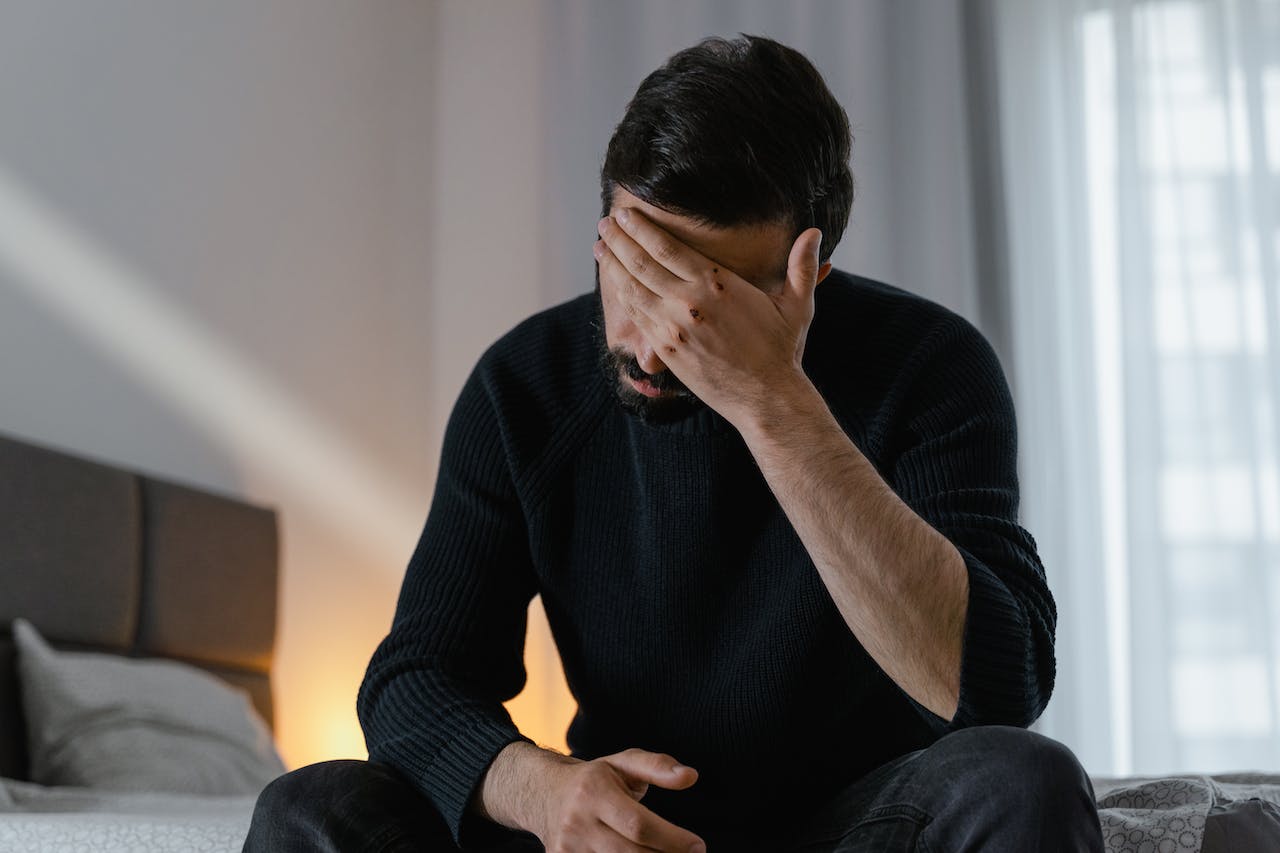The month of November is Men’s Health Month, and under the moniker Movember, the month focuses on health issues affecting men, such as prostate cancer and testicular cancer.
Life expectancy in the U.S. has been on a steady decline since 2020. A recent study analyzed the life expectancy of both men and women and found that not only are women still outliving men, but that the gap has grown to its widest in nearly 30 years.
The Gender Morality Gap
It’s become common knowledge that women outlive men, but researchers at Harvard T.H. Chan School of Public Health and UC San Francisco set out to find out what exactly is driving this gap.
For the study, first study author Dr. Brandon Yan, a resident in internal medicine at UCSF, and colleagues from around the country, used data from the National Center for Health Statistics to identify the causes of death that influence life expectancy the most. They then assessed the effects on both men and women to better determine just how much each different cause was contributing to the gap.
“There’s been a lot of research into the decline in life expectancy in recent years, but no one has systematically analyzed why the gap between men and women has been widening since 2010,” – Dr. Brandon Yan, first study author
Per their findings, women lived 5.8 years longer than men in 2021, the largest it’s been since 1996, and an increase from 4.8 years in 2010, which was when the gap was at its smallest. The study did not include transgender or other gender identities, as death certificates do not record that information.
Why Are Women Living 6 Years Longer Than Men?
Well, there are a few reasons, such as COVID-19, drug overdoses, suicide, and homicide.
1. COVID-19
The study authors cited the COVID-19 pandemic as the biggest factor behind the widening gender gap, as previous data found that the death rate was about 50% higher for men. The reason behind this?
First, there are biological reasons, like differences in inflammation and immune responses.
Then, there are social behavioral reasons, like women being more likely to be vaccinated. Also, men are more reticent about seeking medical care, as well as being more likely to work in industries with higher rates of COVID-19 exposure and fatalities, like transportation, agriculture, and construction. Men are also more prone to experiencing incarceration or homelessness, thus increasing their risk for infection.
2. Drug Overdose
The opioid epidemic is a significant health crisis affecting the entire country, yet research has found that men are twice as likely to die from drug overdoses than women. The reason for this is a complex one.
Some researchers hypothesize that it may be a biological influence, with men being more vulnerable to the toxicity of drugs than women, or, men may be using the drugs in a manner that’s much riskier.
3. Suicide
While research has found that women are three times more likely to attempt suicide, men’s suicide attempts are more likely to result in death, with over 76% of yearly suicide deaths in the United States being attributed to men.
Men are more likely to choose more lethal suicide methods, like firearms or jumping, whereas women tend to choose less severe methods like self-poisoning or intentional overdosing.
Are Men Going Extinct?
Not anytime soon, yet the recent study does bring to light a worrisome trend. As such, Dr. Yan says that future research ought to help focus public health interventions toward helping reverse this decline in life expectancy.
Senior author Dr. Howard Koh, a professor of public health leadership at Harvard, echoes this statement, adding that
“We must make significant investments in prevention and care to ensure that this widening disparity, among many others, does not become entrenched.”
Dr. Yan adds that the findings raise questions about men’s health, and also prove that there may be a need for more resources dedicated towards specialized mental health care for men.
Want to know more?
While the study may not have factored it as a reason behind the mortality gender gap, prostate cancer is a leading cause of mortality among men, with racial discrepancies. According to a recent study, Black men are more likely to develop prostate cancer than white men.
References
CAMS-care. (2020.). The Gender Paradox of Suicide. Retrieved from https://cams-care.com/resources/educational-content/the-gender-paradox-of-suicide/
Centers for Disease Control and Prevention. (2022, August 31). National Center for Health Statistics: Press Release. https://www.cdc.gov/nchs/pressroom/nchs_press_releases/2022/20220831.htm
Global Health 50/50. (n.d.). The Sex, Gender and COVID-19 Project. Retrieved from https://globalhealth5050.org/the-sex-gender-and-covid-19-project/
Yan, B. W., Arias, E., Geller, A. C., et al. (2023). Widening Gender Gap in Life Expectancy in the US, 2010-2021. JAMA Internal Medicine. doi:10.1001/jamainternmed.2023.6041



